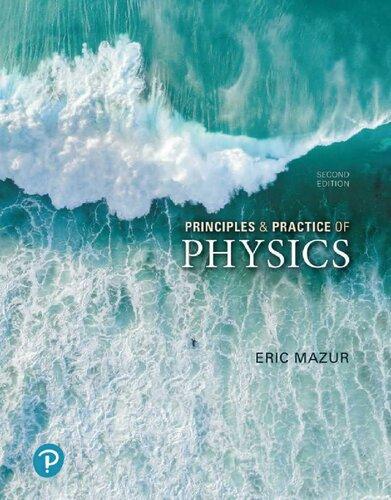Zeno, a Greek philosopher and mathematician, was famous for his paradoxes, one of which can be paraphrased
Question:
Zeno, a Greek philosopher and mathematician, was famous for his paradoxes, one of which can be paraphrased as follows: A runner has a race of length \(d\) to run. After an elapsed time interval \(\Delta t\) after the start, he is a distance \(\frac{1}{2} d\) from the finish line. After an additional time interval of \(\frac{1}{2} \Delta t\) (elapsed time is \(\Delta t+\frac{1}{2} \Delta t\) ), he has traveled a distance of \(\frac{3}{4} d\). He then is a distance \(\frac{1}{4} d\) from the finish line. At elapsed time \(\Delta t+\frac{1}{2} \Delta t+\frac{1}{4} \Delta t\), he is a distance \(\frac{1}{8} d\) from the finish line, and so on. This description of the motion is an infinite series of smaller and smaller displacements. The paradox is that this analysis suggests that the runner will never make it to the finish line, even though we know he does.
(a) What is the runner's speed?
(b) What time interval is needed for the trip?
(c) Describe the resolution to this seeming paradox.
Step by Step Answer:






